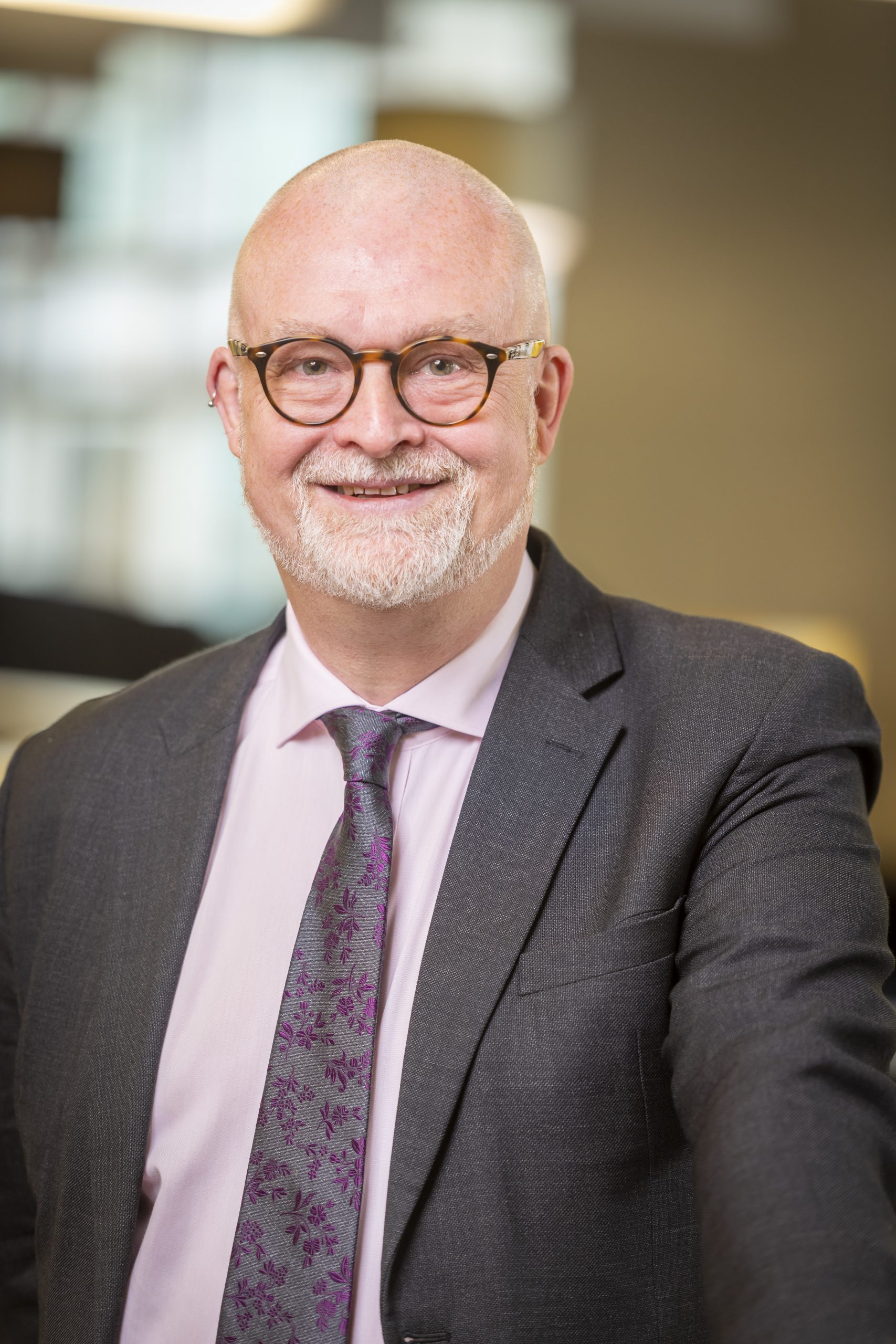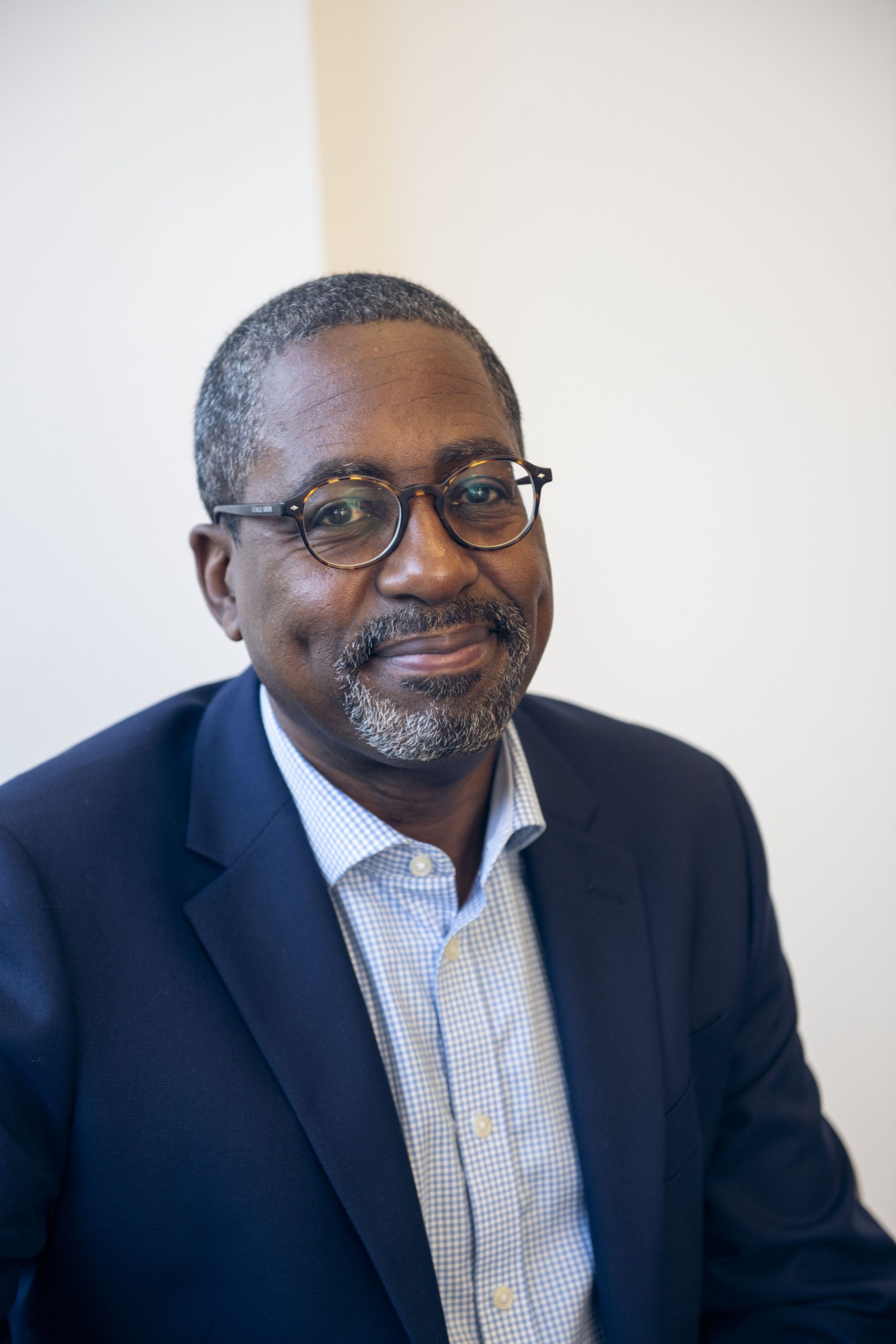7-8 September 2023, Kingston University
The theme for 2023 was ‘Addressing Equity in Higher Education Through Institutional Research’ highlighting the many ways in which institutional research, evaluation and data analysis increasingly play a pivotal role in supporting, evidencing, and strengthening equality for all in the HE environment.
You can view a copy of the 2023 Conference programme here.
Keynote speakers:
Ian Dunn, as Provost for Coventry University Group Ian is Chief Academic Officer and takes responsibility for driving the highest standards of academic excellence and supporting the leadership of the Education, Research and Enterprise & Knowledge Transfer activities across the University Group.

Ian is proud to be described as a disruptor in UK Higher Education and led the development of Coventry University College in 2011. This lower cost, flexible model of higher education was specifically designed to support wide access to higher education. More recently in 2017 he led the creation of Coventry University Online and the partnership with FutureLearn. Developing a substantial team that was able to develop great online learning degree courses as well as micro-credentials turned out to be very useful as education moved into remote teaching in 2020. The next challenge is how online and on-campus blend to suit the individual circumstances. Ian works extensively with EdTech organisations and has chaired the publication of a number of green papers exploring ideas for the next few years.
| Data and Instinct: Wider access and reduced awarding gaps |
| The key theme throughout this presentation will be the role of institutional data to make the case for wider access and enhancing the outcomes for all. Institutional data can be a phrase to strike fear into the heart of many academics, but when you explain that you are looking for patterns to emerge for the information, it becomes less scary. The patterns that are being sought here are those which reveal how to unlock greater equity in our institutions, that provide mechanisms to address the shortcomings in equity of the compulsory phases of education and that can provide us with the keys to a properly personalised education in a world of mass HE. Unlocking data to unlock insight means that we can make real headway towards better outcomes for many students. |
Dr Camille Kandiko Howson, Associate Professor of Education in the Centre for Higher Education Research and Scholarship (CHERS) at Imperial College London. 
She is an international expert in higher education research with a focus on student engagement; student outcomes and learning gain; equality and social justice; and quality, performance and accountability.
She works to support high quality and high impact pedagogical research and collaborate with colleagues to conduct disciplinary-based educational research. Camille’s current research focuses on international and comparative higher education; the curriculum; using learning analytics to support the student experience; academic motivation, prestige and gender; student engagement, identity and belonging; and intersectionality in research design.
| Educational gain: Going beyond the degree |
| We know there is more to higher education than a piece of paper and a walk across a stage. However, in data-led regulatory world students can be viewed as in-puts, through-puts and out-puts. In England B3 regulatory conditions further condense students into pass rates for continuation, degree outcomes and employment. The diversity of students across the sector becomes split metrics. While not disputing the importance of getting students in and through, we also need to consider the quality of the experience that students have, what they have gained from their time and efforts in higher education. We know it is more than a degree, but how do we go about capturing it? And how do we account for different benefits different groups of students may have? We know there is no single silver bullet metric to measure the outcomes of higher education and that learning goes beyond disciplinary knowledge, also including wider skills and affective measures, and that robustly measuring learning gain requires multiple indicators. We are well-versed in awarding gaps, but how do we identify and intervene what is leading to those gaps, addressing equity rather than outcomes? This talk draws on a decade of research on learning gain in higher education, the policy context for accounting for outcomes of higher education and new on-going QAA-funded research on how institutions are articulating their unique approaches to capturing the educational gain of their students. This talk explores how measures of educational gain can challenge the status quo in higher education, including the relationship with assessment and feedback; quality assurance; and opportunities for capturing the diversity of experiences that diverse students have. We will conclude with a conversation on balancing standardised metrics and those tailored to specific contexts—and what this means for institutional researchers, policy makers and students. |
Patrick Johnson, Director of Equality, Diversity and Inclusion, The University of Law. 
Patrick became Director of Equality, Diversity and Inclusion (EDI) at the University of Law in January 2021 after working for 20 years at the University of Manchester. He is a member of the University Executive Board and has specific responsibility for EDI, Wellbeing, Student Support Services and Widening Participation.
He has worked in EDI for the last 15 years and has been an active member of the HE community, collaborating with a wide range of institutions and supporting sector wide groups. He was a
- Board member at the Equality Challenge Unit (now part of Advance HE) for six years
- an advisor and member of the Diversity Steering group at the Wellcome Trust
- member of the Minister of State for Universities Diversity in Research and Innovation Committee
Patrick is currently a member of the Advance HE Race Equality Charter Governance Committee and was a Commissioner with the Disabled Students’ Commission, an independent and strategic group that advised, informed and influenced higher education providers to improve support for disabled students.
| A Commitment to disabled students |
| The presentation will explore some of the current sector challenges and will specifically look at what disabled students say they want from their higher education experience. The Disabled Student Commitment is a response to what disabled students say they want and it provides the opportunity to transform the disabled student experience. The presentation will examine the detail of this Commitment. |
Dr Katie Bell, Chief Marketing Officer at UCAS where she is responsible for delivering a world class information, advice and guidance (IAG) to students, their advisors, and to present Higher Education in an accessible way. She is also UCAS’ lead on raising the profile of higher and degree apprenticeships by providing tools, information and support that will help students make the higher education choice that is right for them, and which will help learning providers and employers access students as employees who are right for them.
| Presentations |
| As well as four expert keynote speakers, delegates were treated to a wide range of presentations, posters and workshops over the two days. Some of the authors have kindly agreed that we can share their slides with you, and you can find those below. |
- Vanessa Armstrong and Maria Kriazi – “It’s not just about Science” Final Year Research Projects and Impact on Graduate Attributes Development
- Bill Balasksa – Addressing equity in the assessment of practice research: lessons from the arts
- Josephine Van-Ess – Developing an inclusive curriculum, a module to Faculty journey
- Michelle Morgan – 10 spheres of wellness to support student and staff health and wellbeing in a modern post 1992 university
- Dr. Rehan Shah – Promoting equity in education for sustainable development through community-based learning and teaching
- Gemma Shearman – Student Parents: Challenges facing a ‘forgotten’ student group
- Matt Hiely-Rayner – Coping with data discontinuity: how the Guardian University Guide is making use of results from the National Student Survey
- Mark Carver – Designing re-assessment policies to prioritise student reflection
- Elizabeth Lander – Influence of diverse 3D anatomy models on students’ belonging and satisfaction in health sciences
- Fintan Bracken – A 10-year study of equity of completion, non-progression and award attainment of law and accounting students in an Irish HEI
- Eleni Hadjigeorgiou – A mixed-methods and participatory bottom-up design to enable students as partners and co-creators in their education
Our conference sponsors this year were



#HEIR2023

